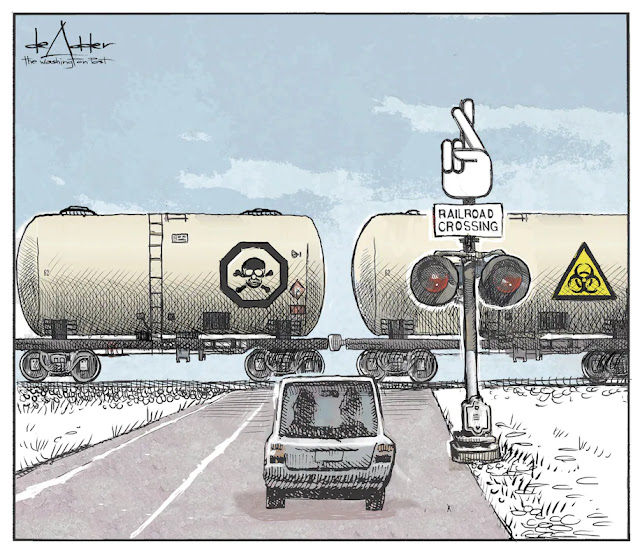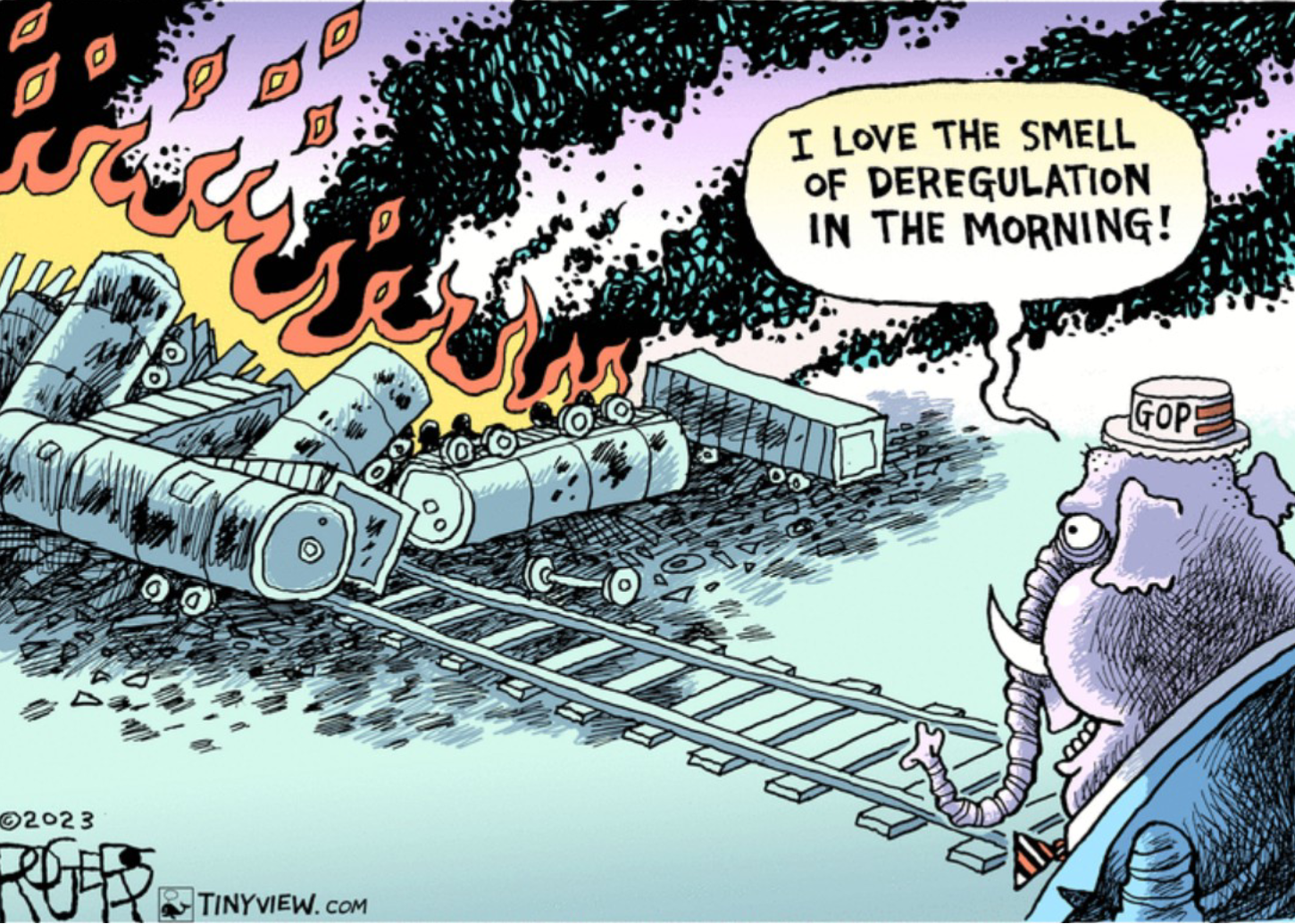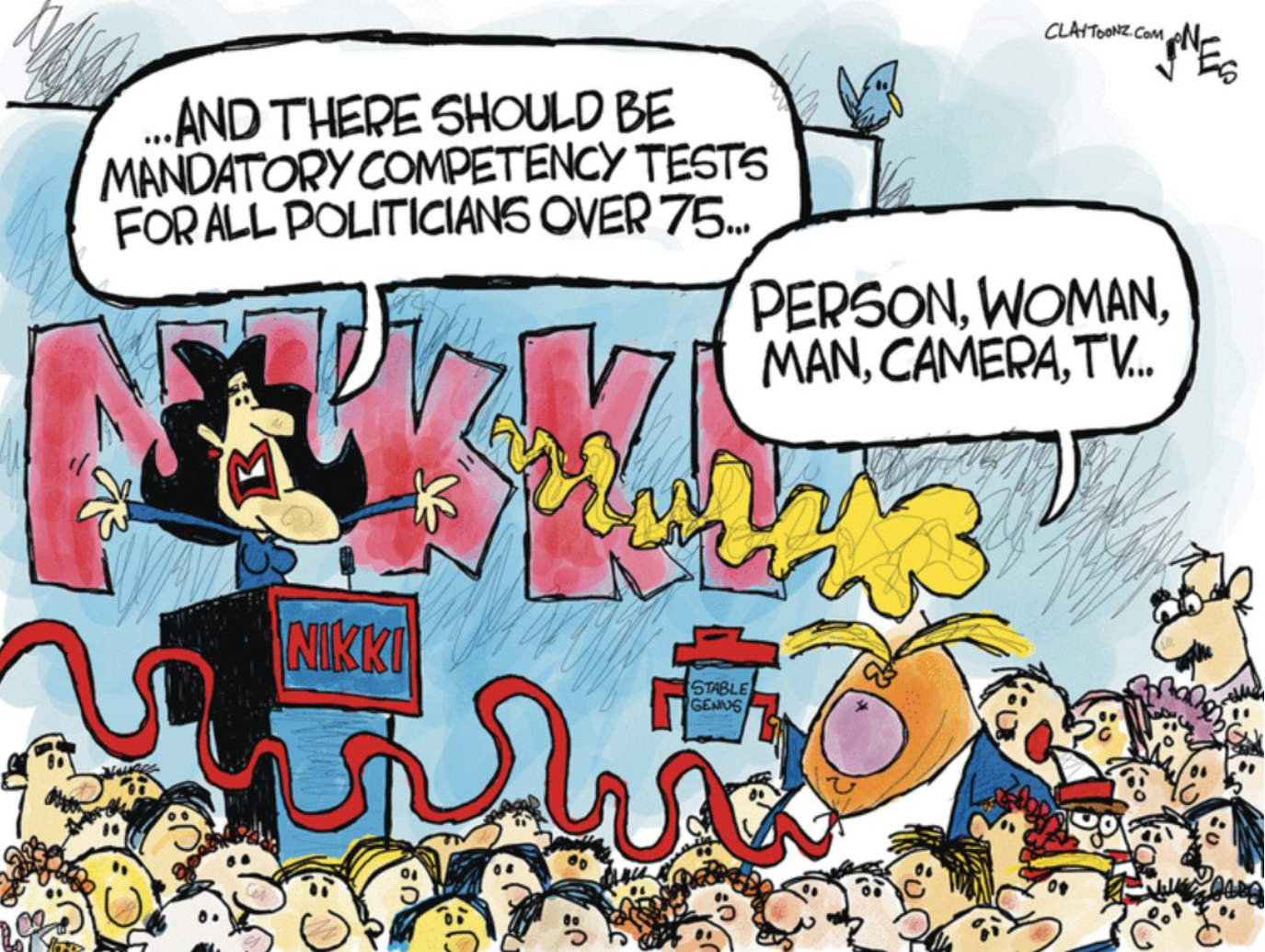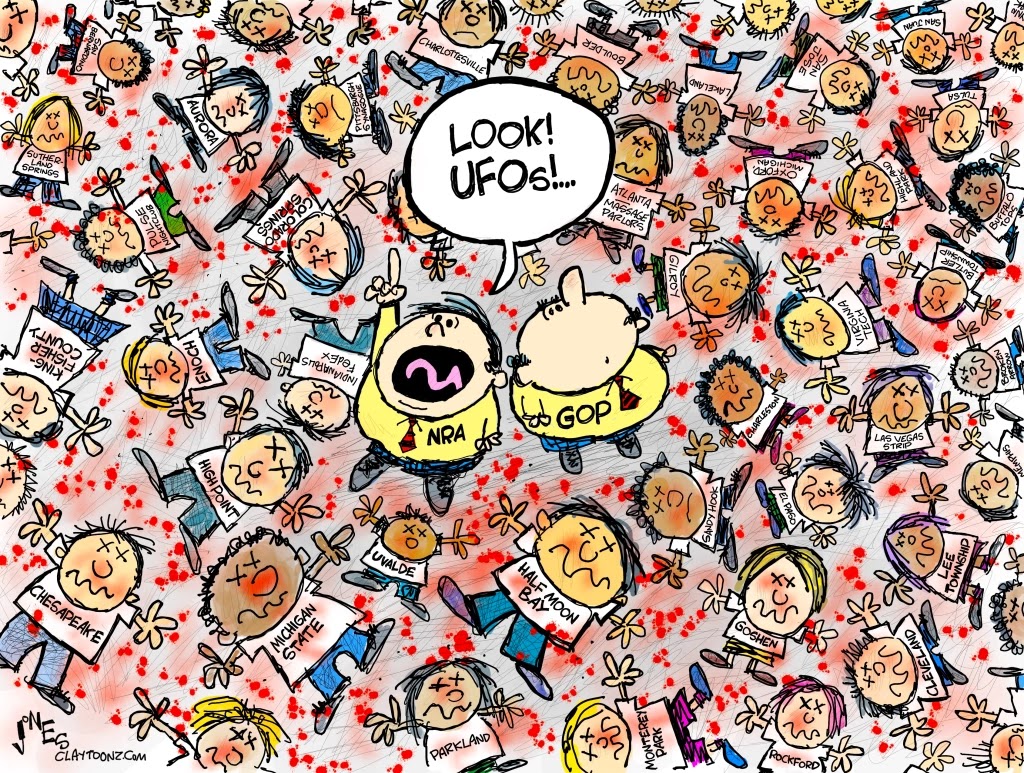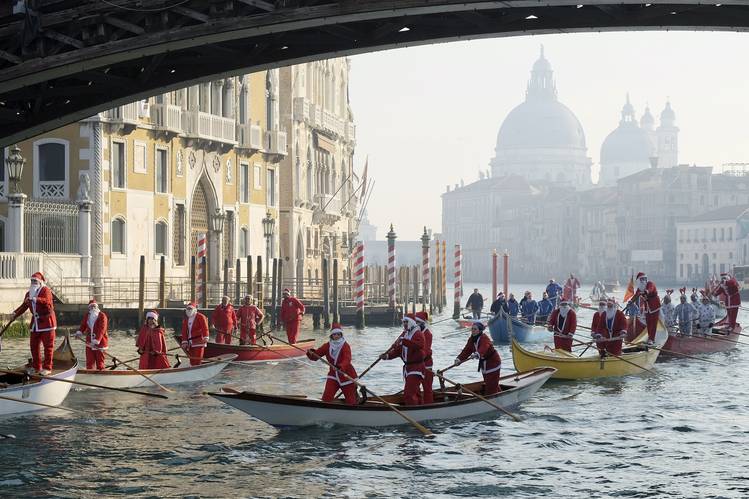The Daily Escape:

Organ Pipe Cactus National Monument, AZ – September 2023 photo by Bob Miller
Back in the 1950s, lefties were often called “fellow travelers” with Communists or the Soviet Union by Republicans.
Here’s a thought experiment: Elon Musk owns Starlink. He helped Ukraine take on the Russians using his constellation of satellites and transmit/receive terminals on the ground. When SpaceX started providing Starlink internet service to Ukraine after Russia’s invasion, it created a lifeline for the country when its communications systems had largely been knocked out.
Musk got great PR for helping America’s plucky little friend in their war against the Russian invaders. But as the war ground on, Kyiv began to fear that Musk was becoming increasingly ambivalent toward assisting them. Then, just as they are on the verge of a decisive blow that might shape the direction of the war, he turned off the network, thereby saving the Russian fleet from a Ukrainian sneak attack. From the WaPo:
“The armed submarine drones were poised to attack the Russian fleet….[but] the drones lost connectivity and washed ashore harmlessly.”
Ukrainian and American officials instantly scrambled to get service restored, appealing to Musk directly. After it was too late to continue the mission, Musk eventually agreed. His reasoning for torpedoing Ukraine’s torpedo mission has been well-reported over the past few days. According to the WaPo, Musk had second thoughts:
“How am I in this war? Musk asked….Starlink was not meant to be involved in wars. It was so people can watch Netflix and chill and get online for school and do peaceful things, not drone strikes.”
Later, when the Sevastopol operation was to begin, Musk remembers this:
“There was an emergency request from government authorities to activate Starlink all the way to Sevastopol. The obvious intent being to sink most of the Russian fleet at anchor….If I had agreed to their request, then SpaceX would be explicitly complicit in a major act of war and conflict escalation.”
Musk says he was afraid of being responsible for a Russian nuclear escalation. Moscow had publicly stoked such fears throughout the Ukraine war, but Western intelligence agencies say there’s no sign they were or are serious. There is zero evidence that tactical nuclear weapons were being prepped for use.
Nothing like what Musk feared happened.
“The voiced concern is that Russia could “escalate.” This argument is a triumph of Russian propaganda. None of Ukraine’s strikes across borders has done anything except reduce Russian capacity. None has led Russia to do things it was not already doing. The notion of “escalation” in this setting is a misunderstanding. In trying to undo Russian logistics, Ukraine is trying to end the war.”
It’s curious that according to Ronan Farrow in a New Yorker article, around this time, Musk held conversations with Vladimir Putin (Musk denies speaking to Putin) – which seems to have had an effect on Musk’s change of position regarding Ukraine.
So this is the thought experiment: Is Musk naïve, or has he become a fellow traveler with Putin? He seems to have not only bought Moscow’s propaganda about nuclear escalation but acted on it. In either case, his “I was for helping Ukraine before I was against it” is a moral failure, and it’s a crime of providing material assistance to ours and Ukraine’s enemy.
He’s a fellow traveler.
We’ll never know if the war has been extended because the Sevastopol attack was aborted. We do know that since then, thousands of Ukrainians have died, and $ billions of Ukrainian assets have been destroyed.
This is a reminder of how Musk has amassed enormous influence through his dizzying pace of innovation that has left his competitors in the dust. It has also left governments (like our own), tip-toeing in their relationships with SpaceX in particular.
Wrongo thinks that US policymakers were happy to tolerate Musk’s early involvement in Ukraine because it saved money and solved an immediate tactical communications problem. But how wise was that in hindsight? There are reasons why diplomacy and international relations are left to elected governments in the West, and not put in the hands of one tech bro.
Rightwing Republicans have been pushing privatization without regulation for decades. Now that Musk has done just that with satellites and SpaceX, politicians and the mainstream media are shocked to find that the Ultra-Wealthy entrepreneurs don’t really believe in democracy.
Who could have known?
And think about it: Russia under Putin started this war. We’re involved because our national security interests in Europe are under attack by the Russian Federation. That constitutes a war, whether we choose to recognize it or not. Musk’s inaction must be viewed through that lens.
Our forces are not engaging in combat with Russian forces; that’s Russian propaganda. But we have history vs. Russia: We fought against Russian fighter pilots in the Korean war. They had advisors on the ground in Vietnam. We fought a Wagner force in Syria when they attacked our troops.
And Wagner isn’t a rogue mercenary organization. They are an irregular Russian force operating outside the norms of international law.
Musk and quite a few House Republicans need to understand the true nature of this war. We didn’t attack Russia. NATO didn’t attack Russia. And Ukraine didn’t attack Russia. Russia attacked Ukraine with a full scale invasion.
While Putin and his thugs are guilty of aggression, many Americans are guilty of being naïve. They fail to understand what failing in this fight will mean.
Whew! That’s enough for this week, it’s time for our Saturday Soother, where we try to find a place of calm and then gather ourselves for another week of polycrisis without end.
We’re aerating the lawns on the fields of Wrong, but only overseeding a small portion of it, since a 50 lb. bag of quality grass seed costs $225 vs. the $75 it was in the before times. Whip Inflation Now!
We’re likely to have thunderstorms for the next few days. So grab a chair by a large south-facing window and watch and listen to Playing For Change’s version of the Grateful Dead’s “Ripple”. It features the Dead’s drummer Bill Kreutzmann along with a host of performers, including the late Jimmy Buffett and David Crosby. Jerry Garcia lent his slide guitar to CSN’s “Teach Your Children” years ago, and Crosby returns the favor here. Time to listen to some feel-good music.
Robert Hunter wrote this song for the Dead in 1970. He was inducted into the Rock and Roll Hall of Fame with the Grateful Dead in 1994 and is the only non-performer to be inducted as a member of a band. Hunter was a lyricist:


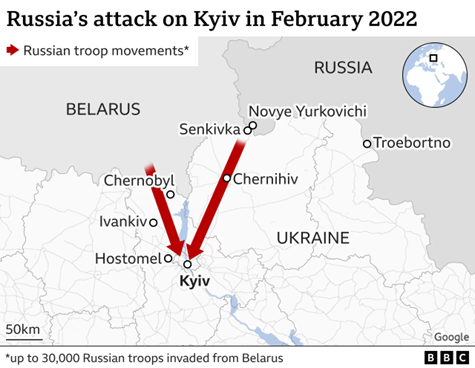

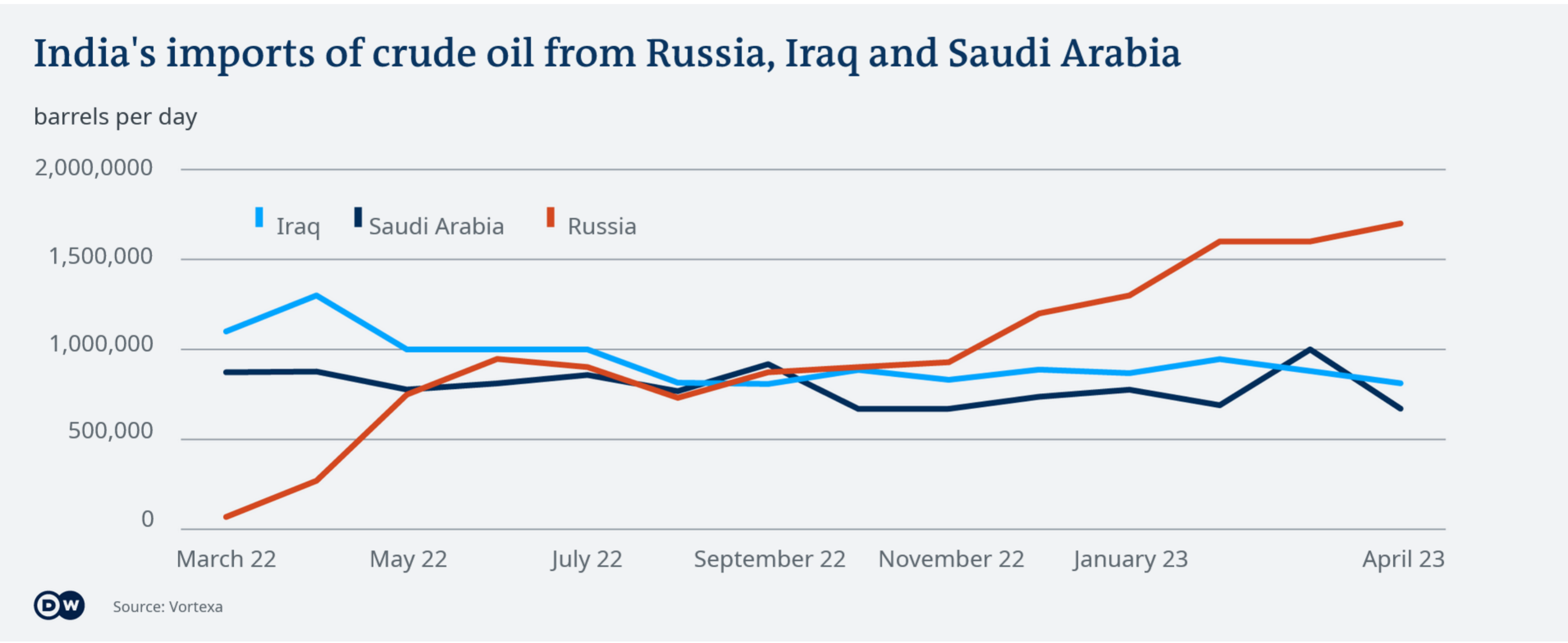

 Wildflower bloom, Peridot Mesa on the San Carlos Reservation, AZ – March, 2023 photo by
Wildflower bloom, Peridot Mesa on the San Carlos Reservation, AZ – March, 2023 photo by 

